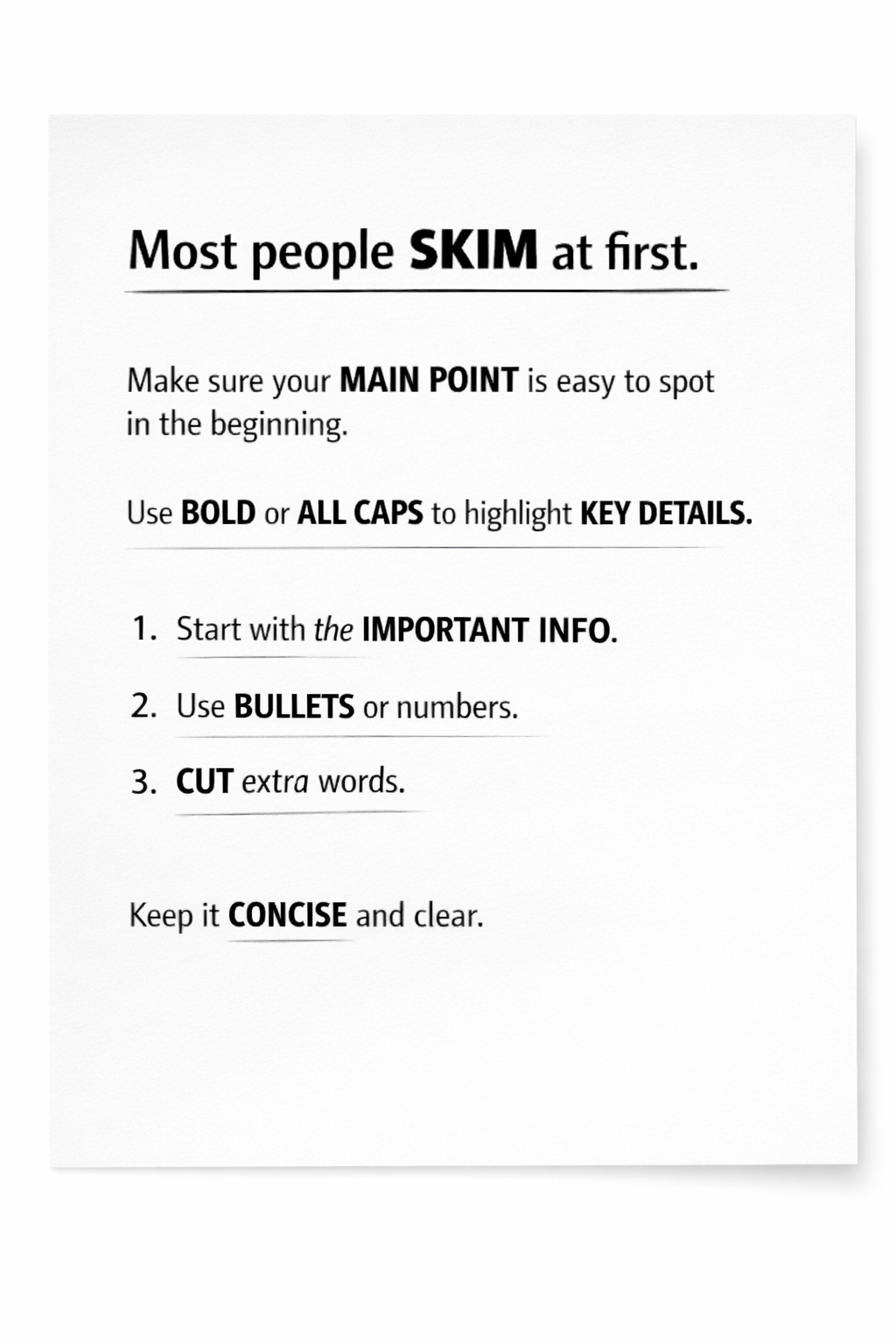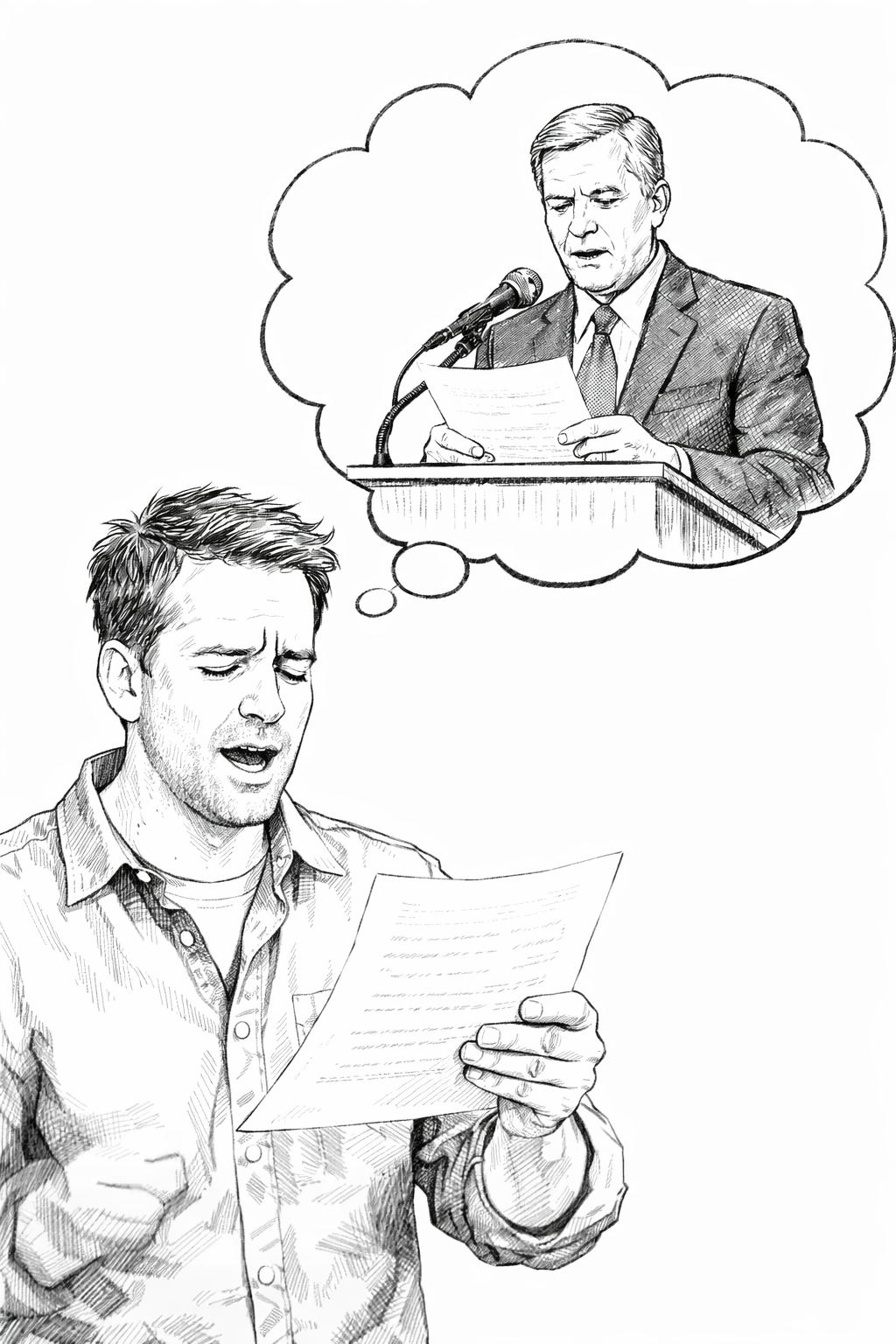Nib #15: Dress for the Occasion
Most speeches are — and should be — workaday things. People don’t come to PTA meetings or subcommittee hearings for spellbinding rhetoric. And most speech-givers can’t deliver it anyway. So part of a speechwriter’s job is dressing for the occasion.
The writers of President Biden’s State of the Union Address last month failed this test when they gassed up his peroration with this:
“I see a future where we defend democracy not diminish it. I see a future where we restore the right to choose and protect other freedoms not take them away. I see a future where the middle class finally has a fair shot and the wealthy finally have to pay their fair share in taxes. I see a future where we save the planet from the climate crisis and our country from gun violence.
“Above all, I see a future for all Americans! I see a country for all Americans!”
The writers here are employing anaphora — the rhetorical technique of beginning successive sentences with the same phrase to create poetic rhythm. The problem isn’t the writing, as such. The problem is… Joe Biden is not a prophet!
No one sees him as a visionary leader like an Abraham Lincoln, a Martin Luther King, or even a Barack Obama. And with good reason! Biden himself has curated a down-to-earth, back-slapping personal brand for more than 50 years. His entire 2020 presidential campaign was based on the man’s practiced familiarity and normalcy.
But rather than lean into that vibe — and play to their boss’s strengths — Biden’s staff instead committed the cardinal sin of speechwriting: they wrote for themselves instead of the strategy. Joe Biden’s big-speech perorations should be folksy and self-effacing. His rhetorical model should be Bob Cratchit, not Henry V. By ignoring this, Biden’s speechwriters actually undermined their own speech, their boss, and his broader political strategy.
The lesson for speechwriters here: don't bring kale-foam to a cookout or wear a ballgown to a ballgame. Tailor your text to the speaker, the moment, and the strategy -- never your ego.
Until next week… keep writing!











